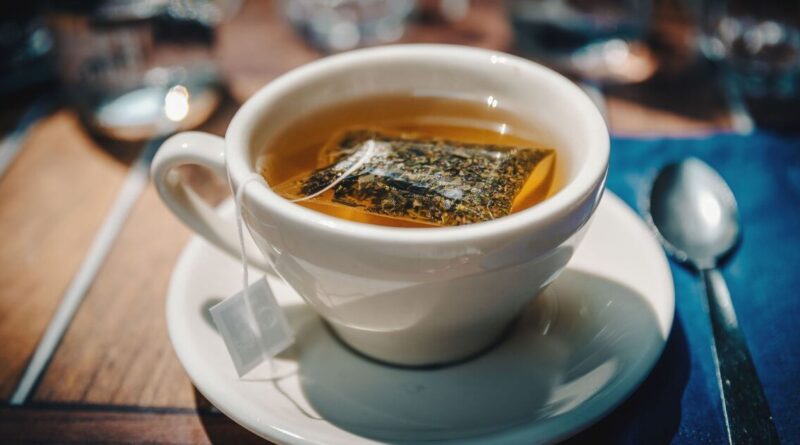Gardeners urged to place used tea bags around plants this summer | UK | News
Tea-loving Brits have been urged not to throw their teabag away after making a cuppa, as the leaves can be hugely beneficial to plants. Tea, particularly loose leaf, is made up entirely of plant matter, which is 100% compostable. Bursting with nutrients that are good for your garden, Alee Blair from ArtfulTea, explains how to give your teabag a second life after brewing.
Tea leaves are rich in vitamins and minerals that help plants to thrive, like nitrogen, potassium, and phosphorus. “It seems to really help the plants,” Alee says. “It’s from the Earth, going back into the Earth in a positive way—plants back to plants, coming full circle.” Loose leaf tea can be deposited straight into the garden, however, teabags will need to be fully compostable, or else it may be best to cut the bag in the open, the expert says.
“Some tea bags include plastic, staples, or adhesive, which are not compostable,” Alee states. “If you’re not sure whether or not a particular tea bag is compostable, you may want to play it safe and cut it open in order to compost only the used tea leaves.”
After you finish brewing a cup of tea, add your tea leaves to a container – this can be a specially designated compost bin, or even a simple bag or jar.
The tea can be added to your compost pile if you have one, or you can add the leaves directly to your garden. If you choose to do the latter, the expert says to sprinkle them around the base of your plants like mulch.
Since tea leaves contain very concentrated amounts of certain nutrients, they’re often a better fit for plants that thrive in acidic soil.
According to Homes and Gardens, the following plants like used tea leaves:
- African violets
- Azalea
- Begonia
- Selected berry fruits
- Camelia
- Daffodils
- Easter lily
- Ferns
- Heather
- Selected herbs
- Blue hydrangea
- (Some) orchids
- Oxalis
- Philodendron
- Poinsettia
- Rhododendrons
- Roses
- Rubber plant
- Shrubs
- Spider plants
- Tomatoes
- The majority of vegetables.
Tea leaves are one of many common household products that can be composted. Vegetable scraps, old produce, and other kitchen odds can also be added to the pile to deliver nutrients to plants. However, Alee says to avoid adding meat, dairy, or oil to your compost.

